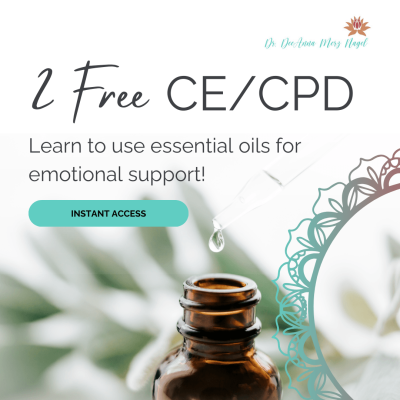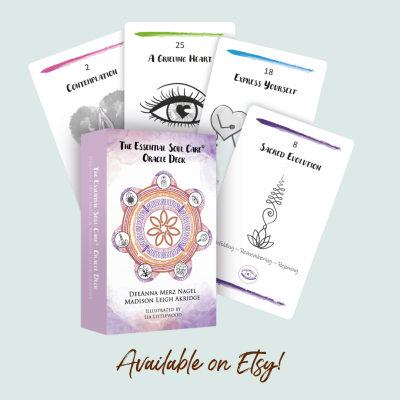 The faint sound of a rooster’s crow, the ceiling fan whirring, and rain frogs chirping from last night’s shower. That is ALL I heard this morning upon waking from a deeply lucid, deeply restful (which don’t typically coincide for me) slumber in my new country home. For the past year and a half, I have lived in town, where there is a constant barrage of cars zooming by, people in dwellings merely a stone’s throw in all directions, and a frenetic buzzing throughout the neighborhood.
The faint sound of a rooster’s crow, the ceiling fan whirring, and rain frogs chirping from last night’s shower. That is ALL I heard this morning upon waking from a deeply lucid, deeply restful (which don’t typically coincide for me) slumber in my new country home. For the past year and a half, I have lived in town, where there is a constant barrage of cars zooming by, people in dwellings merely a stone’s throw in all directions, and a frenetic buzzing throughout the neighborhood.
While living amongst the hustle and bustle, I habituated to the energetic components of “town life.” However, I found myself having to carve out time for meditation and extra self-care to escape the noise. I did not realize the impact 4000 cars passing by my front windows each day had on my well-being until I changed my environment. Imagine- 4000 cars (there was a DOT study done on my street alone), each car transporting at least 1 other sentient being, crossing paths with my house and my energy each day. These are merely passersby, but still clearly had an impact on my sensory diet.
So, this morning, the external contrast was palpable. My world was still. No neighbors’ doors slamming, no sirens, no cars whirring by, no bright streetlights, no sensory overload. In the country, traffic consists of a handful of commuters in the morning and evening, farm trucks, a once-a week garbage truck, mail/package delivery vehicles, and the occasional crop duster swooping in and out of the adjacent plantation fields. Nighttime lighting consists of the moon, the stars, and the single security light that overlooks multiple acres of frontage on the surrounding homestead properties.
The internal contrast was also quite apparent. As I rolled over to see the dawn breaking through my curtain, I realized a peace that I have not felt for the past year and a half of living in town. My body felt rested, my mind was quiet, my soul was at peace. My central nervous system was in homeostasis. This phenomenon is perhaps what Thich Nhat Hahn referred to when he said, “When you have a toothache, you call your dentist and ask for an emergency appointment to relieve your pain. You know deeply at that point that not having a toothache is happiness. Yet later, when you don’t have a toothache, you forget and do not treasure your non-toothache.” Having a toothache for too long creates a tolerance for the pain if you can’t access the dentist right away. We endure the suffering until help is finally available. Once we have the tooth fixed, the lack of pain is quite apparent. We don’t realize just how much pain we’ve allowed to linger until it’s resolved.
Moving back to country life is my idea of “non-toothache.” Letting the layers of sensory overload fall away as I peel back my covers for a good night’s journey into deep slumber is quite delicious.
What components of your life create sensory “toothaches” for you? Take some time to survey your environment, your thoughts, your emotions, and your everyday actions. Take note of the things that bring you peace and satisfaction. Also take note of what disrupts your energy and overall sense of well-being. You do not have to make a major move to the country to improve your sensory diet. Simply being mindful of what feels gentler and calmer to your spirit and your physiology can make all the difference.
Reference: Thích Nhất Hạnh, Savor: Mindful Eating, Mindful Life
Author: Madison Leigh Akridge





